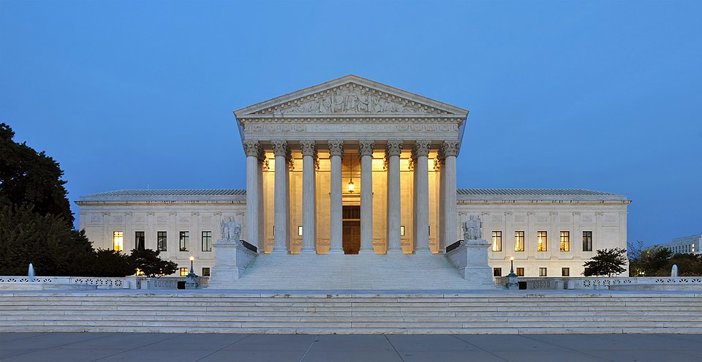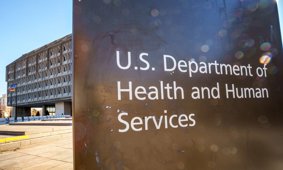
Supreme Court Examines Trump's Birthright Citizenship Ban
The Supreme Court is reviewing President Donald Trump's controversial executive order aiming to end birthright citizenship, sparking widespread concern over its potential impacts.
Historic Citizenship Right Under Scrutiny
The U.S. Supreme Court this month heard arguments related to President Donald Trump's executive order designed to eliminate birthright citizenship for children born in America to noncitizen parents. This case has emerged as one of the most closely followed and significant issues before the court in recent memory, potentially reshaping U.S. immigration and citizenship policies.
Trump's executive order, "Protecting the Meaning and Value of American Citizenship," was signed on the first day of his second term in office. It mandates that U.S. agencies cease issuing citizenship documents to children born to undocumented immigrants or to mothers in the U.S. on temporary visas, if the child's father is neither a permanent resident nor a U.S. citizen. Initially scheduled to take effect on February 20, the order faced immediate legal challenges nationwide.
Humanitarian and Legal Implications Highlighted
Advocates and critics warn that implementing this order would have profound humanitarian consequences. According to the American Civil Liberties Union (ACLU), roughly 150,000 children are born each year in the United States to noncitizen parents, highlighting the scale of potential impact.
One poignant example cited by the ACLU in its lawsuit involves a couple from Indonesia currently residing in New Hampshire. The couple arrived in 2023 and applied for asylum, awaiting a decision. Attorneys representing the couple emphasized that under Trump's order, their child—currently in the third trimester of pregnancy—would be categorized as an undocumented noncitizen, potentially denying the baby essential healthcare and nutrition from birth.
"Under this executive order, their baby would be considered an undocumented noncitizen and could be denied basic health care and nutrition, putting the newborn at grave risk at such a vulnerable stage of life," ACLU attorneys explained in their court documents.
Beyond infancy, children affected by this order would face lifelong challenges. Without official citizenship documentation, these individuals could be denied essential identification documents such as drivers' licenses, and face significant barriers in voting, employment, and jury service.
The Trump administration's initiative has generated significant legal opposition, including lawsuits from Democrat-led states and numerous immigrant rights organizations. New Jersey Attorney General Matthew Platkin, who joined 17 other states in legal challenges, emphasized the longstanding historical precedent protecting birthright citizenship.
"President Trump's attempt to unilaterally end birthright citizenship is a flagrant violation of our Constitution," Platkin stated earlier this year. "For more than 150 years, our country has followed the same basic rule: Babies who are born in this country are American citizens."
Over 22 states and multiple advocacy groups have filed lawsuits opposing the order, arguing in court documents that Trump's action is both unconstitutional and unprecedented. They highlight that revoking citizenship from individuals born on U.S. soil due to their parents' immigration status constitutes a drastic departure from established constitutional protections under the Fourteenth Amendment.
Thus far, no court has ruled in favor of the Trump administration's attempt to eliminate birthright citizenship, emphasizing the significant legal hurdles the executive order faces.
The Supreme Court's eventual ruling could profoundly reshape American citizenship law, with lasting implications for thousands of families nationwide.






